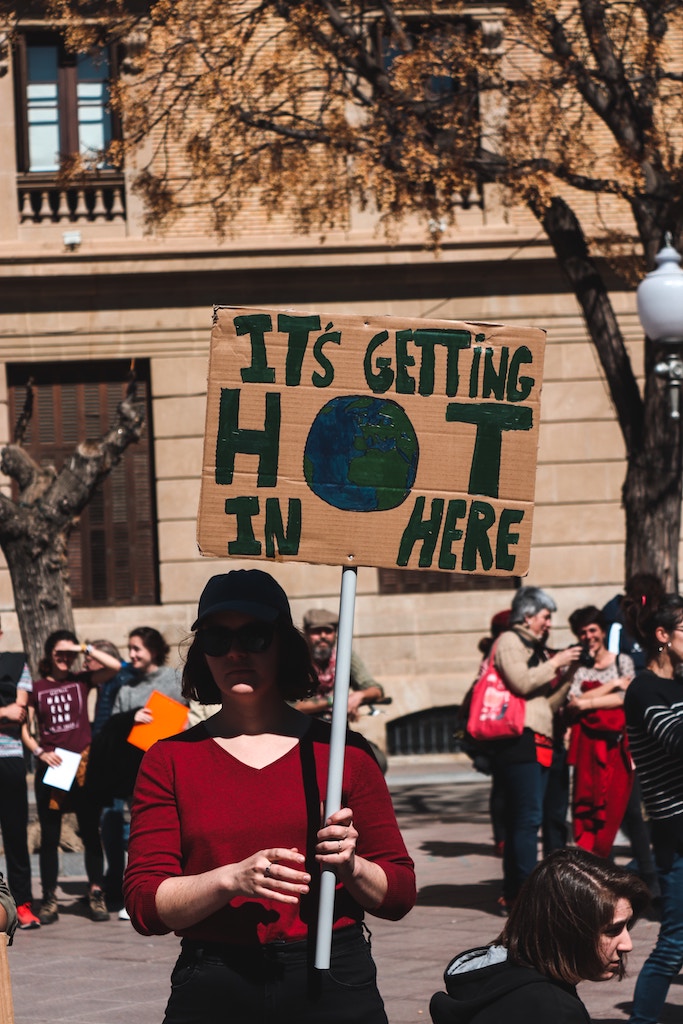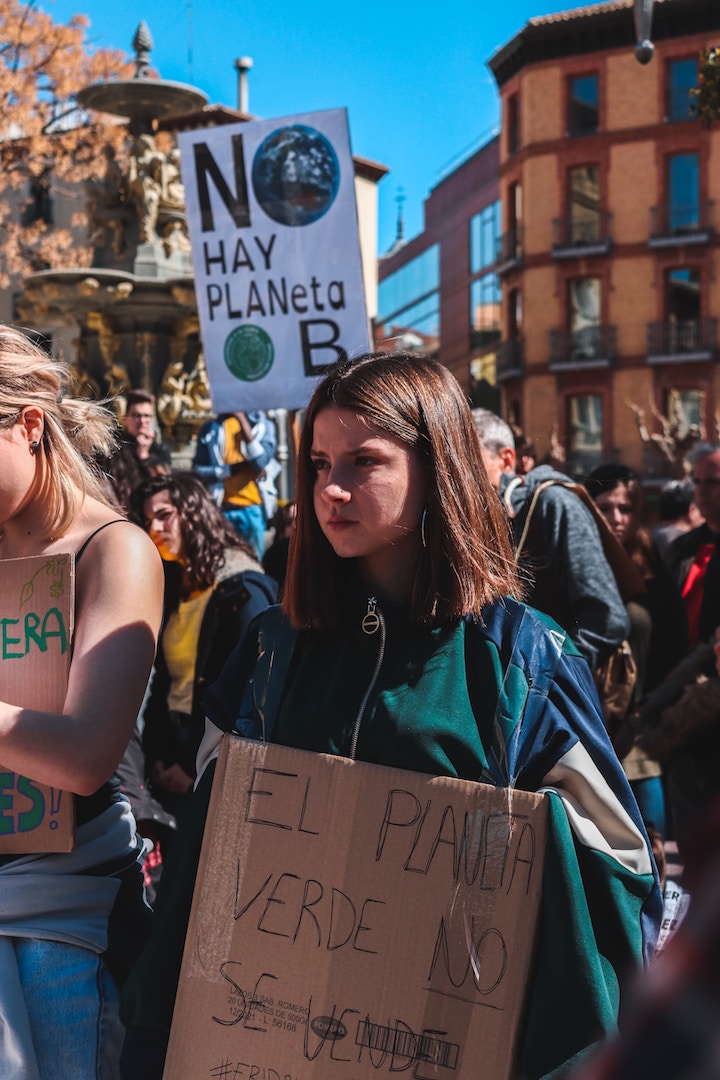As if it wasn’t worrying enough that life is finite and we’re all going to check out sometime. Now, we also have to contend with an even bigger truth; that the planet is finite, too, and if we don’t act soon, all of this will be gone. If the former concerns you more than the latter, then this one’s not for you. But if saving the future of the globe means something to you, then don’t just wait for someone else to do it. Time to take positive, proactive steps. So, we’ve teamed up with VW service provider Vindis Group to explore these; our 5 IDEAL lifestyle changes to reduce your carbon footprint.
GROUND THOSE FLIGHTS
Nope, we don’t mean occupy a runway (although that certainly isn’t a bad shout, either). Instead, we’re talking about flying less. Studies have suggested that taking just one long haul flight produces more CO2 than the average person does, in some countries, in a whole year. Shocking. It sounds so simple, and it should be, fly less; much less, and only out of necessity. Though it might be a terrifying prospect, to lessen your carbon footprint, it’s time to spend more time on terra firma.
SHE’S ELECTRIC
Whilst going completely car free is obviously the best thing you can do for the environment in terms of the road, if that’s simply unfeasible, then you should consider an electrically powered vehicle as your next wheels. You wouldn’t be alone. In a recent report, Next Green Car revealed that the number of new registrations of plug-in cars jumped from just 3,500 in 2013 to over 195,000 as of the end of January 2019.
The amount of charging points for these cars is also growing. Just 8 years ago, the UK’s network of electric vehicle charging points was at just a few hundred units. But by June 2018, more than 5,800 charging locations, 9,800 charging devices and 16,700 connectors had been installed.
Of course, it will be many years yet until all vehicles on the roads of the UK are being run on alternative fuels — the latest vehicle data from the SMMT stated that the car registrations market share for January 2019 was 64.08 per cent petrol, 29.08 per cent diesel and 6.84 per cent alternative-fuel vehicles, for example — but it appears that things are at least moving in the right direction. You should be too. Preferably, on foot.
CARBON OFFSET & CARBON RETIRE
Carbon offsetting is something of a hot topic right now, and also, a bit of a contentious one. Experts are in near constant debate about where is best to actually donate your money, as well as how much carbon footprint a single journey actually leaves. What’s more troubling is the moves by big airline companies to earn money from additional tax by adding the option to carbon offset onto their ticket prices. We’d recommend steering well clear of doing that and going independent. Check out a great breakdown of the most trusted offsetting websites over here on Ethical.net.
Alternatively, you should consider carbon retirement, which works by purchasing EU carbon credits that would otherwise be bought up by corporations, and taking them out of circulation. This forces major polluters to reduce their emissions, rather than placing pressure on the little guy to shoulder the burden of responsibility.
IMPROVE YOUR HOME’S INSULATION
Experts from a group of construction firms, the Green Building Council, stated in a recent report sent to parliament that 25 million existing homes will not currently meet the insulation standards being enforced in the mid-century and will need to be refurbished to the highest standards. According to calculations, these findings mean that the rate of refurbishment stood at a rate of 1.4 homes needing to be worked on every minute as of the beginning of 2017.
Of course, there are other advantages, to conducting this work. The Green Building Council’s head Julie Hirigoyen explains: “People will have warmer homes and lower bills; they will live longer, happier lives; we will be able to address climate change and carbon emissions.
FORGO FAST FASHION
The fashion industry is the world’s second largest polluter, only behind oil, with harmful production practices at the top and unsustainable shopping habits on the high street. Yep, it’s high time we reevaluated your relationship with shopping. Right. Now.
Textile production requires huge amounts of water and energy to meet demand, producing 1.2 billion tonnes of CO2 equivalent per year; more than international flights and maritime shipping. Troubling enough, but what’s worse is that it’s predicted that the manufacture of clothes will account for a quarter of the world’s carbon budget by 2050. fast fashion, where clothing has become a single-use purchase, destined for landfill after just one wear. So, shop sustainably and considerately at all times, or there won’t be a world left to admire your unique style.








